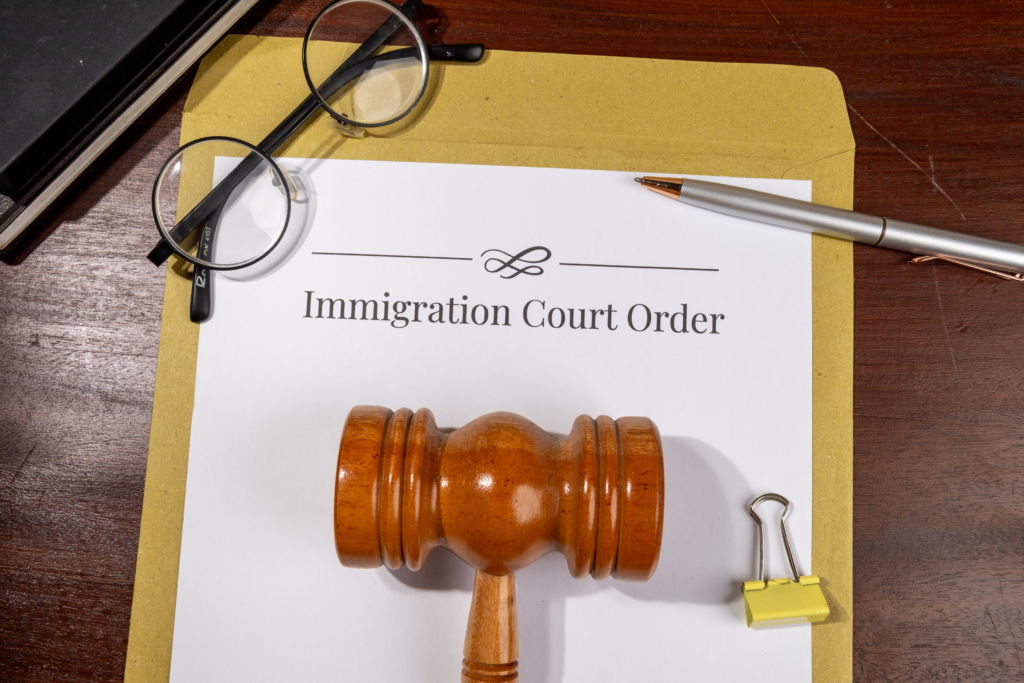Updated: June 1, 2025
There are multiple options available for foreign business people interested in buying or starting a business in Canada. Under Canada’s federal and provincial laws governing corporations, a non-resident or foreign entrepreneur or investor may register a company in Canada from scratch or by setting up a branch office or creating a subsidiary company in Canada. However, first, you will have to decide whether you wish to start a business in Canada by immigrating or without living in Canada. Business immigration programs in Canada offer pathways for individuals to obtain permanent residence, either immediately upon starting a business or after a year of operation. These programs are a means for experienced businesspeople to immigrate by investing in or purchasing a business, and it is important to understand the eligibility and processes involved.
Most options for buying a business in Canada for non-citizens may also include temporary or permanent residence routes.
First, you may be eligible for Canada’s Start-Up Visa program with the support of a designated investor organization or venture capital fund. Under this program, you will also need to have a qualifying business, be proficient in English or French, and have enough funds to support yourself and your family when you move to Canada.
Second, if you already have an established business and wish to expand into Canada, each individual province or territory has its own registration procedures and required fees controlling extra-provincial incorporation. If you wish to expand into multiple provinces, you will need to contact that province’s provincial registry and meet each province’s requirements for the extra-provincial corporation. The extra-provincial incorporation process will generally require you to obtain an Agent for Service who is either an individual at least 18 years old and a resident of that province or a corporation with its registered office in the province.
However, if you are not a Canadian citizen and you do not already have your own established business in your country, there are still options to open a business in Canada. Owner-operator policies offer a temporary work visa to foreign investors and entrepreneurs who want to buy an established business in Canada or start their own business. The entrepreneur or investor can then apply for a work visa as an owner or management-level employee under Canada’s Temporary Foreign Worker (TFW) program.
Once a non-citizen has identified a Canadian business to purchase, a Labour Market Impact Assessment (LMIA) must be submitted together with a suitable business plan. To be suitable, this business plan must demonstrate that the purchase of the business by a foreign national will result in the retention or creation of Canadian jobs, among other conditions. Canadian immigration authorities play a crucial role in this process, and submitting a comprehensive business plan is essential to gain their approval.
After the foreign investor submits the assessment and business plan and a positive LMIA opinion has been issued, the foreign entrepreneur may then apply for a renewable temporary work permit. After arriving in Canada on a temporary work permit, the non-citizen may then begin applying for permanent residence as a federal skilled worker under Canada’s Express Entry program or under a provincial immigration program. Importantly, this process may take two to three months (depending on where the applicant is applying from) to submit the LMIA and complete the application process to receive a work permit.
Experienced business immigration lawyers like the team at Sobirovs Law Firm can help assist you in discussing the potential options for buying a business in Canada as a non-citizen or foreigner. Our team will walk you through the process and Canada’s corporate immigration system to successfully buy a business in Canada.

Understanding the Owner-Operator Program – Another Option
The Owner-Operator program is a popular pathway for foreign investors looking to buy or establish a business in Canada. This immigration program is designed to attract foreign investors who can contribute to the Canadian economy by creating jobs and stimulating economic growth.
Under this program, foreign investors can invest in a Canadian business and move to Canada to become permanent residents. The key requirement is to demonstrate that your business is genuine and will create employment opportunities for Canadians. This not only benefits the local economy but also aligns with Canada’s broader immigration goals of attracting skilled and entrepreneurial individuals.
The Owner-Operator program offers a unique opportunity for foreign investors to integrate into the Canadian business landscape while working toward permanent residence. By investing in a Canadian business, you can play a pivotal role in driving economic growth and innovation in your new home country.

Eligibility and Requirements of the Canada Owner-Operator Program
To be eligible for the Owner-Operator program, foreign investors must meet several key requirements. First and foremost, you need to have sufficient funds to invest in a Canadian business. This financial stability is crucial as it demonstrates your ability to support the business and contribute to the Canadian economy.
A well-crafted business plan is another essential requirement. This plan should outline how your investment will create or retain Canadian jobs, thereby benefiting the local labour market. Additionally, you must meet the criteria set by the Labour Market Impact Assessment (LMIA), which evaluates the impact of hiring a foreign national on the Canadian workforce.
Your financial history also plays a significant role. A good credit score and a clean financial record are necessary to prove your reliability and financial responsibility. Moreover, having a strong business background and relevant experience will bolster your application, showcasing your capability to manage and grow the business successfully.
It’s important to note that eligibility requirements can vary depending on the specific immigration program and the province where the business is located. Consulting with a Registered Canadian Immigration Consultant (RCIC) can help you navigate these requirements and tailor your application to meet provincial and federal standards.
Labour Market Impact Assessment (LMIA)
A Labour Market Impact Assessment (LMIA) is a critical component of the Owner-Operator program. This assessment evaluates the impact of your business on the Canadian labour market and is essential for obtaining a temporary work permit.
The LMIA application process typically takes 2-3 months to complete. During this period, you must demonstrate that hiring a foreign worker will not negatively impact the Canadian labour market. This involves showing that you have made genuine efforts to hire a Canadian citizen or permanent resident for the position but were unable to find a suitable candidate.
A positive LMIA result is crucial as it indicates that your business will benefit the Canadian economy without displacing local workers. Once you receive a positive LMIA, you can proceed with applying for a temporary work permit, bringing you one step closer to operating your business in Canada.

Business Selection and Due Diligence
When selecting a business to buy in Canada, conducting thorough due diligence is essential. This process involves several key steps to ensure that the business is a sound investment and aligns with the Owner-Operator program requirements.
Start by researching the company’s financial stability and growth potential. Review its financial statements, revenue streams, and profitability to gauge its economic health. Next, examine the company’s contracts and agreements to understand its obligations and commitments.
Assessing the management team and employees is also crucial. A strong, experienced team can significantly impact the business’s success. Additionally, evaluate the company’s market position and competition to understand its standing in the industry.
Regulatory compliance is another important factor. Ensure that the business adheres to all relevant laws and regulations, as non-compliance can lead to legal issues down the line. Finally, consider whether the business is a suitable fit for you as a foreign national, ensuring it meets the Owner-Operator program’s criteria.

The Buying Process
The process of buying a Canadian business involves several key steps, each crucial to ensuring a smooth and successful transaction. Here’s a step-by-step guide to help you navigate the buying process:
-
Identifying a Suitable Business: Start by identifying a business that aligns with your investment goals and meets the Owner-Operator program requirements.
-
Conducting Due Diligence: Perform thorough due diligence to assess the business’s financial stability, market position, and regulatory compliance.
-
Negotiating the Purchase Price and Terms: Negotiate to agree on a fair purchase price and terms that are acceptable to both parties.
-
Drafting a Purchase Agreement: Work with a qualified lawyer to draft a purchase agreement that outlines the terms and conditions of the sale.
-
Obtaining Financing (if necessary): If you require financing, secure the necessary funds to complete the purchase.
-
Closing the Transaction: Finalize the transaction by signing the necessary documents and transferring ownership of the business.
Throughout this process, it’s essential to work with qualified professionals, including lawyers and accountants, to ensure compliance with all relevant laws and regulations. Their expertise will help you navigate the complexities of buying a business in Canada, ensuring a smooth and successful transition.














